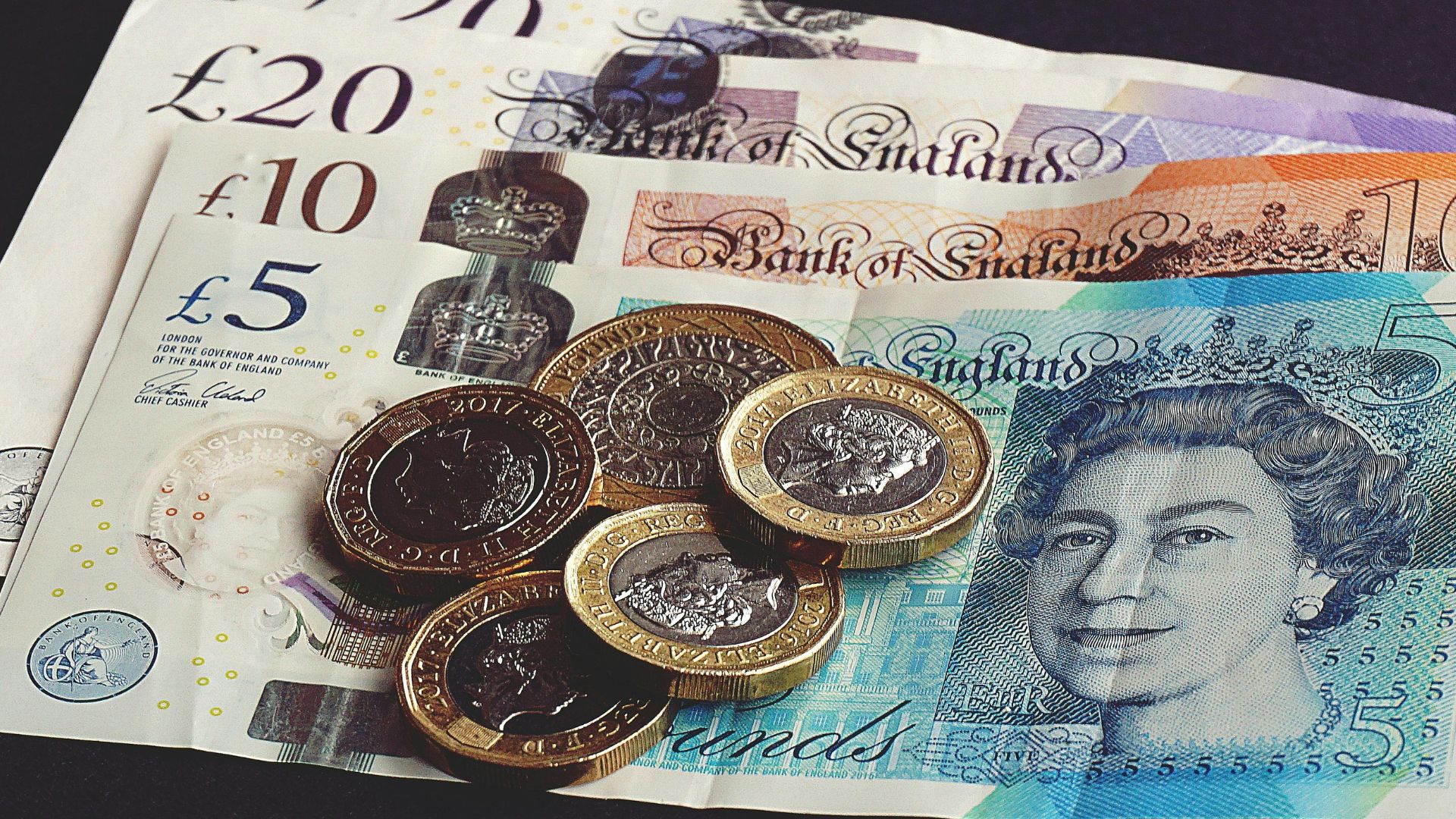And this is no dream. Pilot programs are already happening, including a trial in Wales for care leavers, showing universal basic income’s potential to create real change.
Now, you might wonder how can we afford to deliver this policy. I have a better question: How can we afford not to? Let me prove that this is a better question to ask.
First, the UK spends billions on universal credit – a dehumanising and costly system (both for the claimant and the administrators!) Replacing it with universal basic income would cut inefficiencies and guarantee support for all.
Second, universal systems are simpler and fairer than means-tested ones. While some argue the wealthy shouldn’t receive benefits, it’s far more efficient to tax wealth than to impose complex eligibility requirements — a lesson the government should note over cutting everyone’s winter fuel payments!
Third, as a sovereign currency issuer, the UK can choose its spending priorities. Alongside universal basic income, measures like wealth and carbon taxes could help reduce inequality. Investing in people also saves money long-term, reducing pressure on the NHS, the justice system, and other services strained by inequality.
Finally, disabled individuals require special consideration. A ‘better-off’ mechanism ensures anyone currently receiving benefits would gain under universal basic income. Only the wealthiest – multimillionaires and billionaires – might contribute more, though there’s plenty of evidence that they too benefit from a fairer, more stable society.
If we fail to deliver real solutions – not just in rhetoric but through policies that improve people’s lives – more demagogues will rise.
Rampant inequality demands urgent action.
While a wealthy few soar above in private jets, mocking those in poverty beneath them, millions are barely getting by. Many juggle multiple jobs to cover bills, fight to keep a roof over their heads, or simply try to survive. This cannot go on.
Whilst that might sound idealistic, it’s the bare minimum we must achieve to build a fair and sustainable society.
Zack Polanski is a Green Party London Assembly member and deputy leader of the Green Party of England and Wales.
Do you have a story to tell or opinions to share about this? Get in touch and tell us more. This Christmas, you can make a lasting change on a vendor’s life. Buy a magazine from your local vendor in the street every week. If you can’t reach them, buy a Vendor Support Kit.





